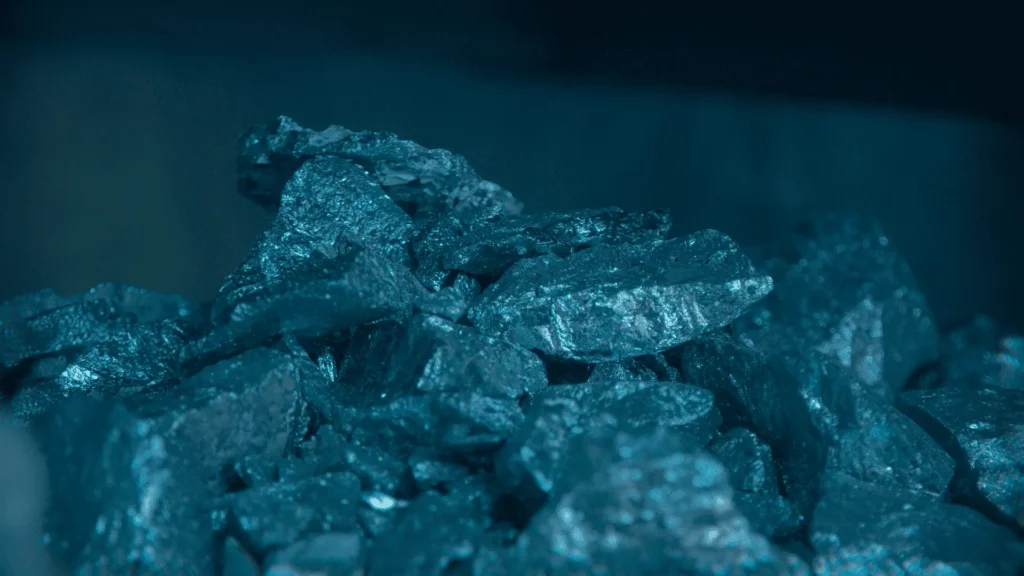


Silicon is a versatile metalloid extensively used in multiple industries. In metallurgy, it plays a key role in producing aluminum alloys. In the chemical sector, it is essential for manufacturing silicones, resins, and lubricants.
In the renewable energy sector, it plays a crucial role in the production of solar panels. It is also indispensable in the electronics industry for the manufacture of semiconductors.
The RIMA Group is one of the largest producers of metallurgical-grade silicon metal in the world and the largest Brazilian producer . It is also proud to operate the largest submerged electric arc furnace on the planet using charcoal .
The sustainable production of Silicon in the metallurgical industry is essential for the mitigation of significant environmental impacts. Traditionally, Silicon is obtained from silica and carbon at high temperatures, an energy-intensive process that also emits large amounts of CO₂.
However, recent initiatives have focused on mitigating these impacts. Emerging technologies, such as the use of renewable energy and waste recycling, are being implemented to make the process more sustainable. In addition, new techniques aim to maximize efficiency in the use of raw materials and minimize the formation of harmful by-products.
These approaches not only reduce the environmental impact of silicon production, but also strengthen the global competitiveness of the metals industry by aligning it with increasingly stringent environmental standards.
